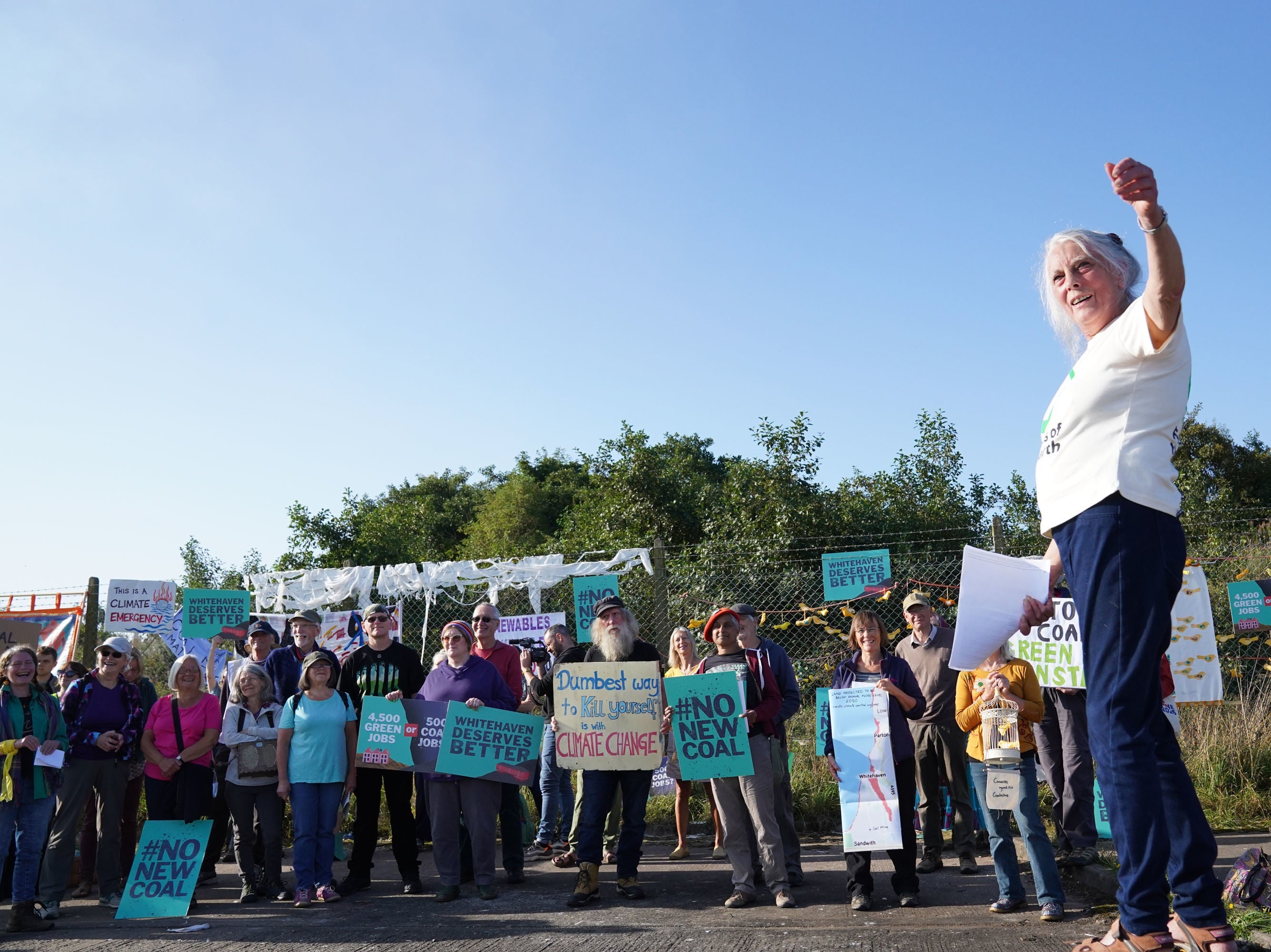Britain forced to fire up coal power plant
Calm weather has meant country’s wind turbines have not generated as much power as usual

Your support helps us to tell the story
From reproductive rights to climate change to Big Tech, The Independent is on the ground when the story is developing. Whether it's investigating the financials of Elon Musk's pro-Trump PAC or producing our latest documentary, 'The A Word', which shines a light on the American women fighting for reproductive rights, we know how important it is to parse out the facts from the messaging.
At such a critical moment in US history, we need reporters on the ground. Your donation allows us to keep sending journalists to speak to both sides of the story.
The Independent is trusted by Americans across the entire political spectrum. And unlike many other quality news outlets, we choose not to lock Americans out of our reporting and analysis with paywalls. We believe quality journalism should be available to everyone, paid for by those who can afford it.
Your support makes all the difference.The UK was forced to fire up one of its last remaining coal power plants to meet electricity needs on Monday.
Calm weather has meant the country’s wind turbines have not created as much power as usual, while energy prices have soared to a record high.
This has meant coal has been providing three per cent of national power, according to National Grid ESO, which balances Britain’s power supply.
As a result, National Grid ESO asked EDF to switch on two coal-fired units at its West Burton A station on Monday morning to help meet demand.
A National Grid spokesman said: “In balancing the electricity system, we take actions in economical order and not on the basis of generation type.
“Depending on system conditions, some power sources may be better at meeting a balancing requirement than others – so the most cost-effective solution to ensure safe, secure system operation will be sought.”
Britain has shut down most of its coal stations as it moves away from using fossil fuels, however some plants have been kept to generate energy when needed.
The only two remaining coal plants connected to the UK grid are West Burton and Uniper’s Ratcliffe-on-Soar in Nottinghamshire, which will be closed in September 2024.

Tom Greatrex, chief executive of the Nuclear Industry Association, said the decision to fire up the coal plant to meet power demand highlighted the urgent need to invest in new nuclear plants.
“This underscores the urgency of investing in new nuclear capacity, to secure reliable, always-on, emissions-free power, alongside other zero-carbon sources,” he said in a statement.
“Otherwise, we will continue to burn coal as a fall-back and fall well short of our net zero ambitions.”
Demonstrators gathered on Tuesday morning to protest against plans for a new deep coal mine on the coast of Cumbria as a public inquiry into the proposals was set to begin.
People protested at the site of the proposed mine’s processing plant in Whitehaven, west Cumbria, and outside the offices of the Ministry of Housing, Communities and Local Government in Whitehall, London.
Leading climate scientists and campaigners have criticised the plans, arguing that it undermines the government's commitment to cut carbon dioxide emissions to net zero by 2050.




Join our commenting forum
Join thought-provoking conversations, follow other Independent readers and see their replies
Comments